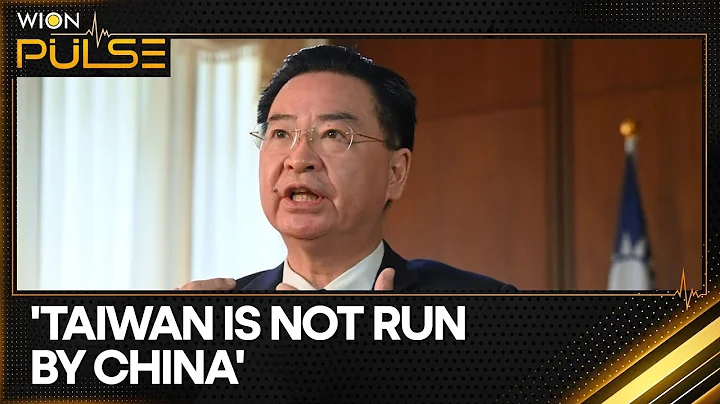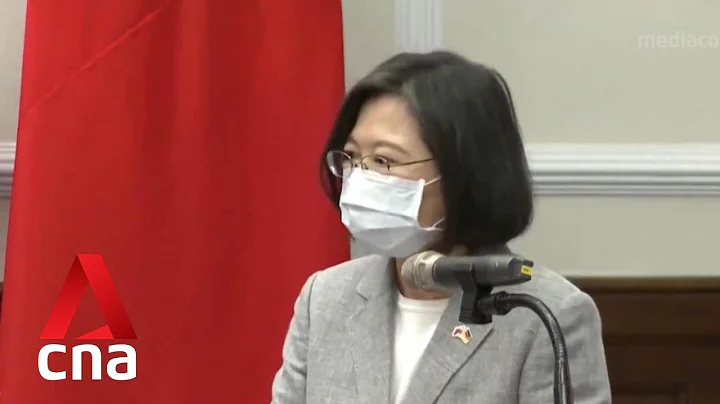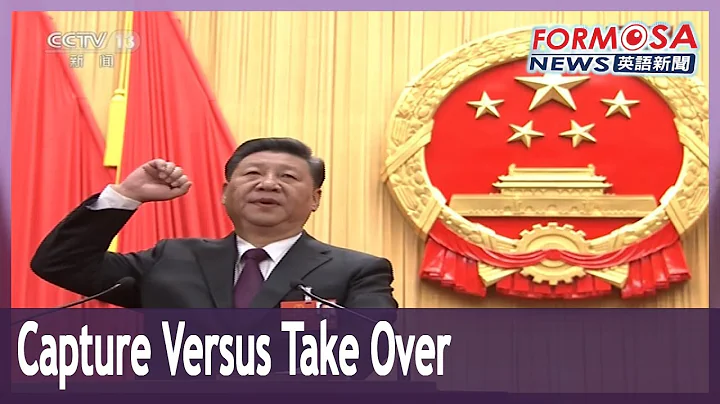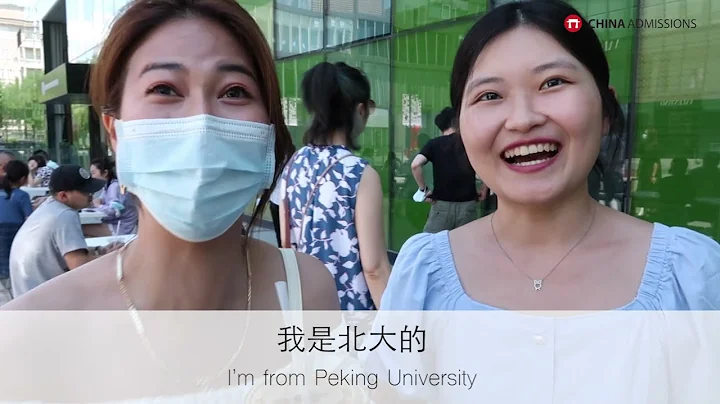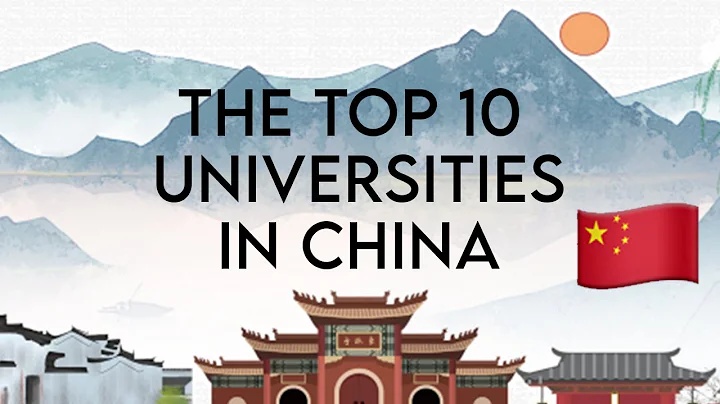Source: China Central Radio and Television Station's "Look at Taiwan Sea" WeChat public account
According to Taiwan media reports, according to statistics from the Taiwan authorities' internal affairs management department, as of the end of November 2020, the total number of newborns on the island was 147,702, a record low . Due to Taiwan's low birthrate and serious population aging in recent years, Taiwan will experience negative population growth in 2020 for the first time in which "life is worse than death".

The aging of the island’s population not only involves many issues, but also affects the island’s labor market and industrial development. The most direct impact is on the island's universities. The impact of the declining birthrate has lasted for many years. According to the latest data from the island’s educational institutions, the registration rate of 12 colleges and universities on the island has not reached 60%, and is on the verge of the “flooding line”. The number of schools has reached the highest level in the past three years.
In response, Taiwan Tourism College Acting Principal Wang Yanjun said that due to factors such as the declining birthrate, the registration rate this year is low, and the school has stopped recruiting and is striving to transform. The person in charge of the financial department of a private university said that the main income of private schools comes from tuition and fees. If the number of students decreases, the income from tuition and fees will be unstable. If the school's cash balance keeps decreasing, it means that the income is less than the expenditure, which is a warning sign.
Taiwan's declining birthrate is becoming increasingly serious, and the wave of university closures and mergers is coming. In order to solve the student shortage crisis, recruiting mainland Chinese students who come to Taiwan to study for a short period of time was once one of the important ways for many universities on the island to increase their financial income. Now that cross-strait relations have reached a freezing point, the number of mainland students studying in Taiwan continues to decline. It may be unsustainable for universities on the island to fill the gap in student sources through mainland students. Chen Zhengui, former president of Shih Chien University, believes that if we want to alleviate the island's low birthrate, we still have to defend the mainland, the largest overseas student enrollment market.
However, it may be difficult to hold on to the terrestrial market. The Democratic Progressive Party authorities continue to treat epidemic prevention as an "anti-Mainland" operation, making it difficult for mainland students to return to Taiwan, and the return of mainland trainees to Taiwan is about to be interrupted. In this regard, principals and directors of private universities on the island have said that mainland students coming to Taiwan will help accumulate peace dividends from cross-strait exchanges and even reduce political uncertainty. Nowadays, mainland students and their parents are inevitably afraid of Taiwanese society, saying straightly: "Cross-strait exchanges Looking forward to peace has become very difficult." The DPP authorities must conduct a deep review.
"Taiwan independence" has caused the suspension of enrollment for mainland students, and Tsai Ing-wen has set her sights on Southeast Asia. The Democratic Progressive Party authorities are pushing hard for the so-called "New Southbound Policy for Higher Education", which is understood to be to fill the recruitment gap in mainland China, but the recruitment is full of loopholes. Many universities have reported incidents of students from Southeast Asian countries working illegally. Facts have proved that the so-called "New Southward Direction of Colleges and Universities" is also a failed policy. Trying to rely on Southeast Asian students to fill the gap for mainland students is tantamount to drinking poison to quench thirst.
The only good medicine that can really "replenish the blood" of the island's universities that are losing blood due to the declining birthrate is land students. Administrators of universities on the island are well aware of this. However, seeing that this time the DPP government regards epidemic prevention as a political maneuver, not only mainland students are dissatisfied with Taiwan, but parents are also worried. Some people have adopted a "land-hating" mentality, making both sides of the Taiwan Strait full of uncertainty. Li Gongqin, vice president of Shih Hsin University, said that some time ago the Democratic Progressive Party authorities banned mainland students from returning to Taiwan, but later reopened it. "To tell the truth, the feelings of mainland students and their parents are just like drinking ice water in the cold weather, and every drop of it is in their hearts."
The declining birthrate that has continued for many years has intensified the pressure on private universities in the island to recruit students. Many public university presidents are also tightening their belts and sometimes cannot even budget for hardware repairs. Taiwan's universities are no longer able to maintain a balance between maintaining educational quality and reducing students' burdens. There is also deep concern about whether Taiwan's universities can competently play their role in cultivating talents and promoting social progress in the future.
source/comprehensive Taiwan media


